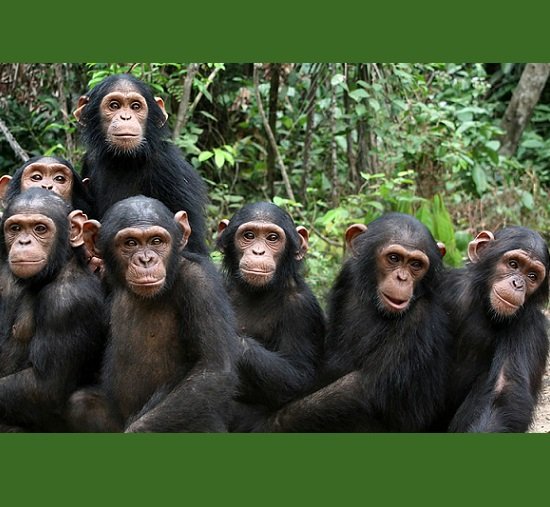Wildlife conservation scientists in Africa are worried over a possible infection and spread of COVID-19 to chimpanzees and other human-related wild animals.
- Conservation experts said through research that viruses affecting humans can easily jump to affect chimpanzees and other primates.
- The East and Central Africa area is the most researchers have identified to breed a big number of chimpanzees, gorillas, and other primate species susceptible to viruses that affect humans.
- They said chimpanzee populations are in danger of contracting new types of infectious diseases common to humans.
Director of Research Development and Coordination at the Tanzania Wildlife Research Institute (TAWIRI) Dr. Julius Keyyu was quoted by a local Tanzania daily saying that human infectious diseases like coronavirus can infect primates.
The senior wildlife researcher said experts are developing an internal research protocol that would monitor the health of chimpanzees to control transmissible infections like the coronavirus as it can infect primates if in close contact with infected individuals.
He said the Tanzania Chimpanzee Conservation Action Plan of 2018 to 2023 was launched to address threats facing the chimpanzee population in Tanzania.
Wildlife experts have further said that chimpanzees have been found to suffer human diseases such as pneumonia and other respiratory infections, posing great risks to their health after interactions with humans.
The experts raised their concern on health risks to chimpanzees and other human related animals during the coronavirus outbreak, fearing the negative impacts on tourism and conservation in Africa.




